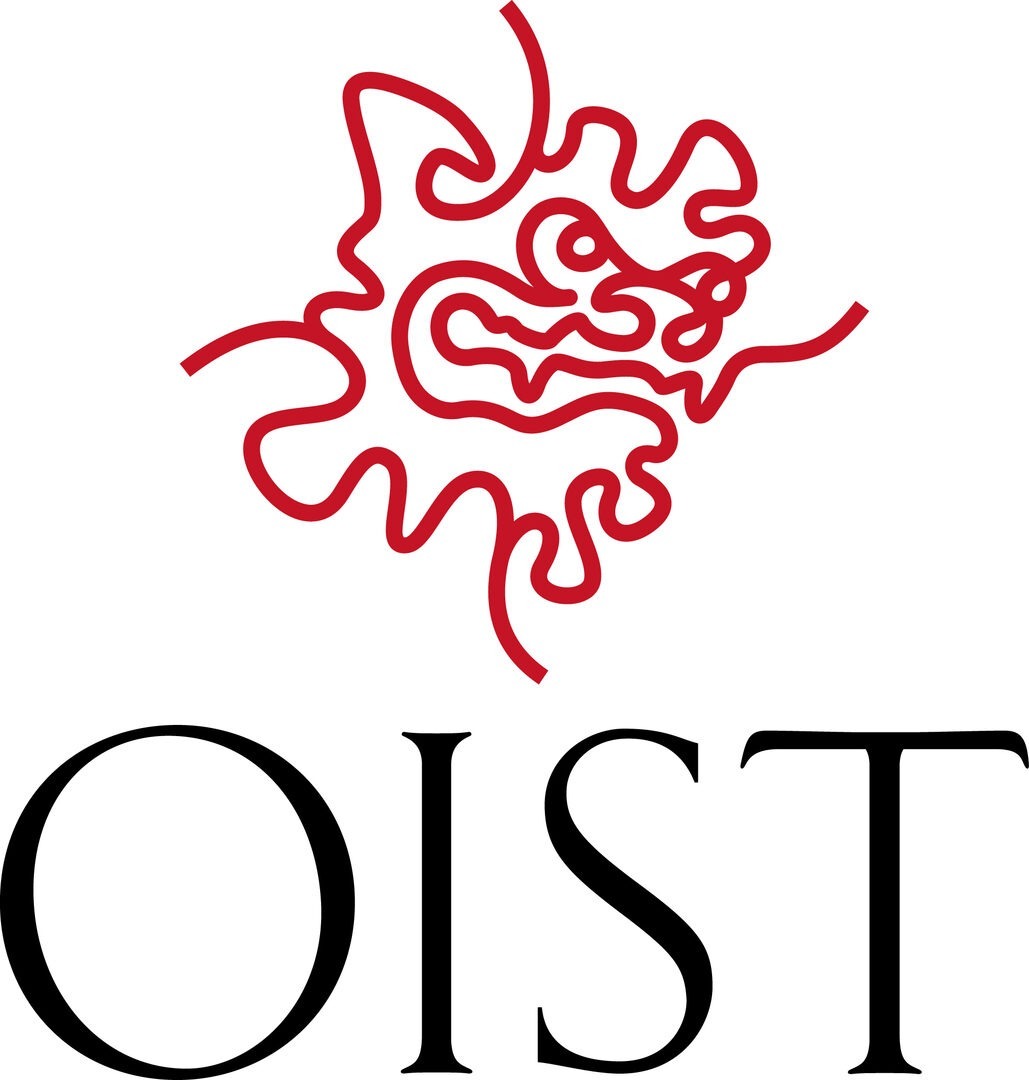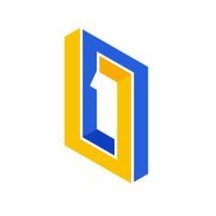You can import the google calendar here.
Invited speakers
- TBA in May 2024
Social events
- Welcome reception and industry session: Monday evening. Light food and drinks will be provided.
- Poster sessions: Tuesday afternoon and Thursday afternoon. Drinks and light snacks will be provided.
- Conference trip: Wednesday afternoon, ending at the banquet location. Several options will be provided.
- Conference banquet: Wednesday evening.
Participation on social events is optional.
Daily talks in detail
To be added by June 2024. Press for abstracts. A, B and C refer to the rooms of parallel sessions.




